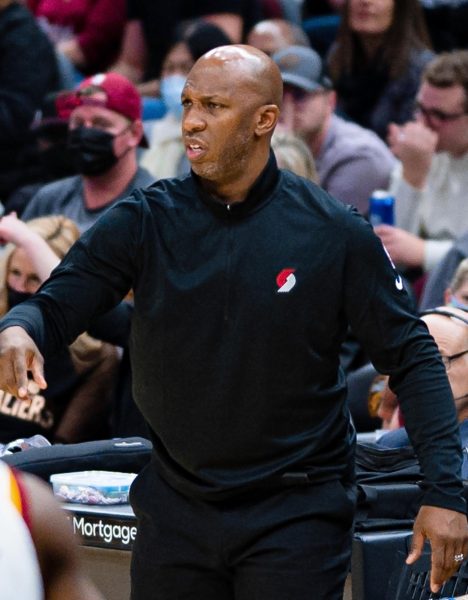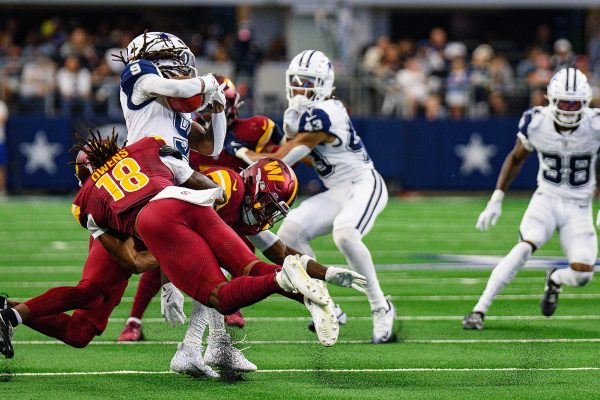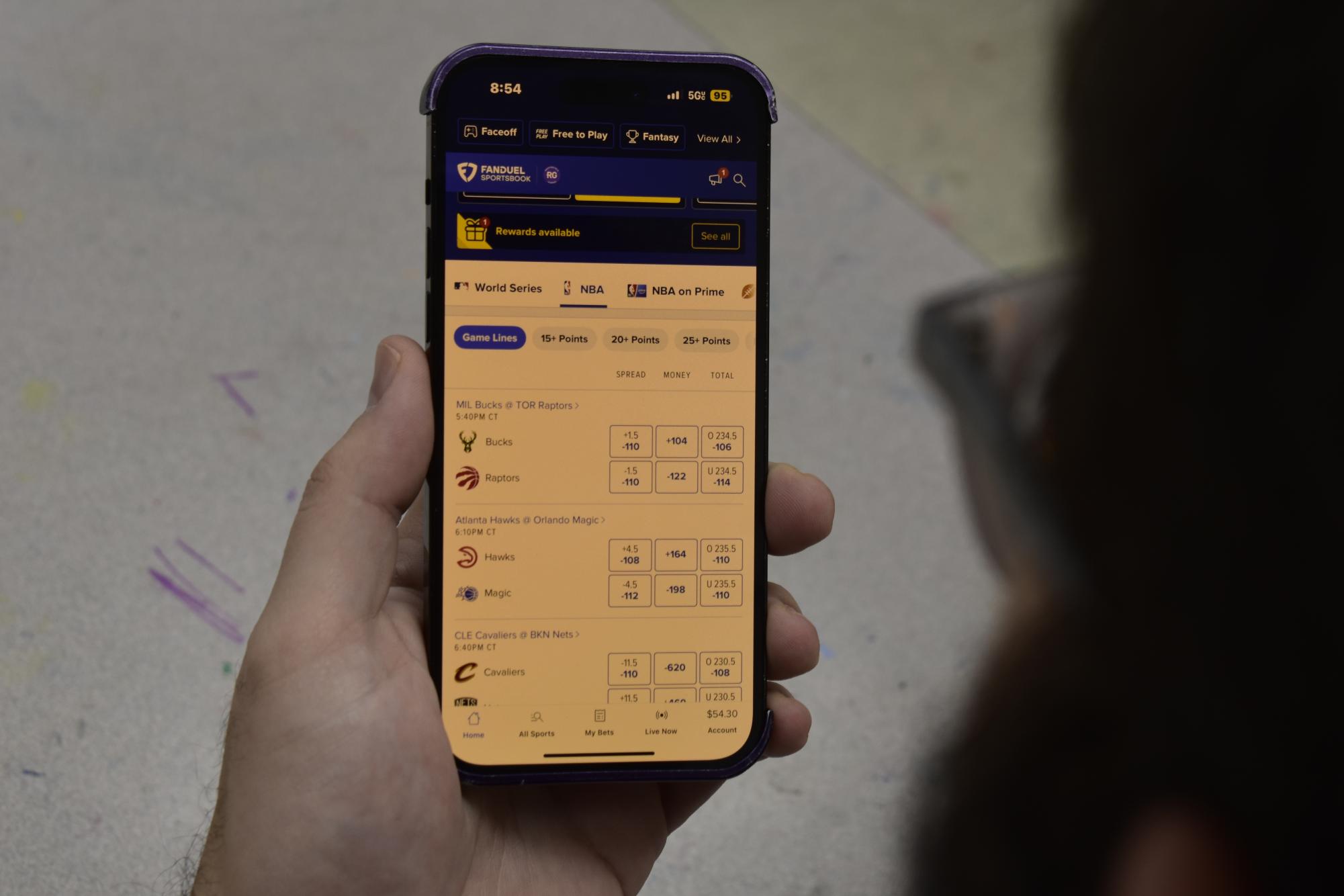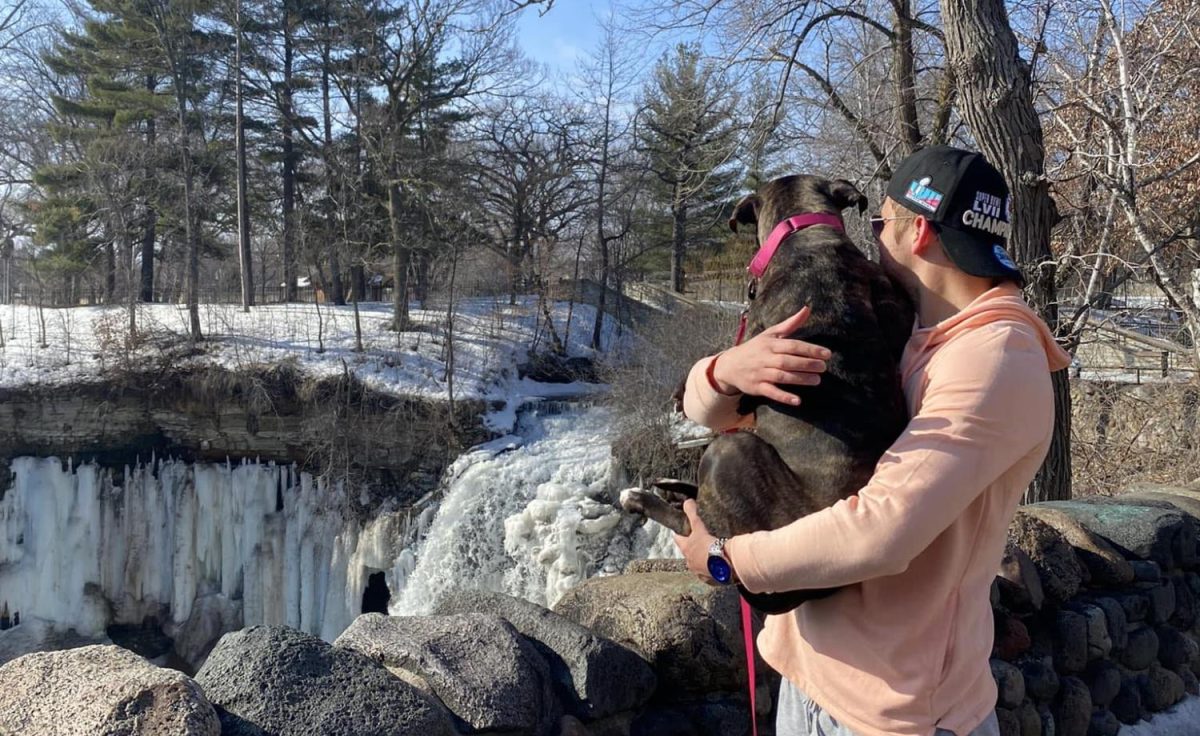During week 3 of the NFL season, the Buffalo Bills hosted the New Orleans Saints, and as a Saints fan, I closed my eyes and hoped for the best. Suddenly, I had a realization: If I were gonna watch my team get slaughtered, I might as well turn a profit. So, I turned on ESPN and started deciding what to bet on, until a sad truth came to my attention. I am not 21.
As sad as it made me at the time, this very well may be a blessing in disguise.
Sports betting has taken over the country in the past few years. It is now legal in 38 states, with Missouri legalizing sports betting in December 2025. Ever since the U.S. Supreme Court’s ruling in Murphy v. National Collegiate Athletic Association (2018), legalizing sports betting nationwide, it has become a core component of American sports and advertisements. In practically every stadium across the country, you will find ads for sports betting, which inherently links sports with wagering money.
Corruption in sports betting has garnered significant news coverage over the last few days. On Thursday, Oct. 23, Portland Trail Blazers head coach Chauncey Billups and Miami Heat point guard Terry Rozier, as well as 30 others, were indicted by the U.S. Department of Justice, accusing them of being involved in illegal sports betting and rigged poker games.

However, betting is not just a problem when it’s corrupt. Betting companies target the average Joe, and they have made their way onto TV screens. Many broadcasts are now being sponsored by these companies. Bally Sports Network has transitioned into the Fanduel Sports Network, and on Sept. 29, DraftKings Sportsbook announced a multi-year collaboration with NBCUniversal, spanning every major sport in the U.S.
When I turn on a sports game, I can’t go a couple of minutes without seeing an advertisement for sports betting. Although the minimum betting age is 21, it seems like they’re priming minors for when that day comes. A 2023 NCAA survey found that individuals between the ages of 18 and 22, 58% have participated in at least one sports betting activity, with 4% of them engaging in daily betting.
The minimum age has become merely a recommendation, and with sports betting becoming increasingly accessible to minors, I wanted to take a peek into the world of underage betting. So, here’s my experience.
Before we start, here are my guidelines: The app I will be using is Stadium Live, a free betting app where virtual coins function as money, but no real money is spent. I will document my wagers and outcomes for one week and then accumulate the results. What I am doing is completely legal for minors. Let’s begin.
After one week of betting, I have some key takeaways.
Firstly, I found myself far more invested in certain games than I otherwise would have been had I not placed a bet on them. Last week, I turned on a Sam Houston vs. UTEP game because I had placed a parlay on that game. When the Chiefs and Jaguars squared off on Sunday Night, I found myself gripping my chair, waiting for Trevor Lawrence to eclipse 202 passing yards. He ended the night with 198.
Even though I had lost that bet, I had felt an extreme high, one that Golan Silverman labels as a “cheap thrill.” Silverman has been a casual bettor since he was 21. He has had many run-ins with this feeling, saying, “ Great. I won 20 bucks off this game. That moment lasts, and it’s gone. And the next, you’re like, when can I bet again?”
People see the money they win from betting as merely fuel to fund their next parlay, and it leads to a dangerous trap that many people can not escape. Silverman has seen an instance of this, when one of his friends “ won 20 grand and he could have used that money to pay his mortgage, pay his car bill. He ended up losing the 20 grand and borrowing from the casino another 20 grand and losing that. So he was out, you know, 40 grand basically.”
Silverman’s friend is not the only one going through something like this. “ Every time we go to Vegas, we don’t allow him to gamble because he has a very addictive personality,” Silverman shared. A recent Pew Research Center study found that one in 10 U.S. adults has placed an online sports bet in the past year. Even though someone might not be “addicted” to betting, it is easy to get sent down the rabbit hole because of how the betting functions.

My second takeaway is that as long as you understand what you are betting on and are comfortable with how much you are spending, it is extremely fun. There are loads of silly bets, like how long the national anthem at a football game will last, or whether or not Conor McGregor will become the President of Ireland within the next year.
Betting on sports allows people to have an immersion into a game that nothing else can offer. You feel like you’re a part of it because you have tangible reliance on the outcome. When people bet in controlled environments, it thrives. HBHA teacher Micah Margolies comments on this, saying, “ [betting] makes me care about the outcome of something that otherwise I might just be watching casually without caring, even if the actual dollar amount is pretty negligible in the end.”
It is essential to note the distinction between spending $5 and an entire quarterly paycheck. Winning is great, but it’s unlikely, so if you bet it all, chances are you’re gonna lose it all, which leads to my final takeaway.
My third and final takeaway is that sports betting, in the end, is a losing game. It’s not putting it all on red or pulling the handle of a slot machine, but “[betting companies] designed it so that, in the long run, not each person, but people as a whole will lose,” Margolies says. It’s not gambling, but it is a game of chance. It’s a game of knowledge, but it’s one that people often find themselves on the losing side of. The main reason sports betting has become so popular is that people really win money, but people also really lose it.
As an addiction, betting and gambling are up there with the worst of them. It’s as expensive as any addiction is, and that is why it is so vital that it is controlled. When it is, it becomes a fun hobby that spices up people’s lives in a way only a few other things can.
After one week of consistently betting against the odds, I ended up with 140,000 coins, which was better than I could have hoped. I watched games with more excitement and engagement, and overall, I feel better. However, I found out I could play Blackjack on the app, and within ten minutes, I had 800 coins left.
Betting in an uncontrolled environment is not worth it, and Margolies perpetuates this, saying, “I would encourage anybody who considers doing it beforehand to decide what they’re comfortable with losing, because the odds are you’re going to lose.”















